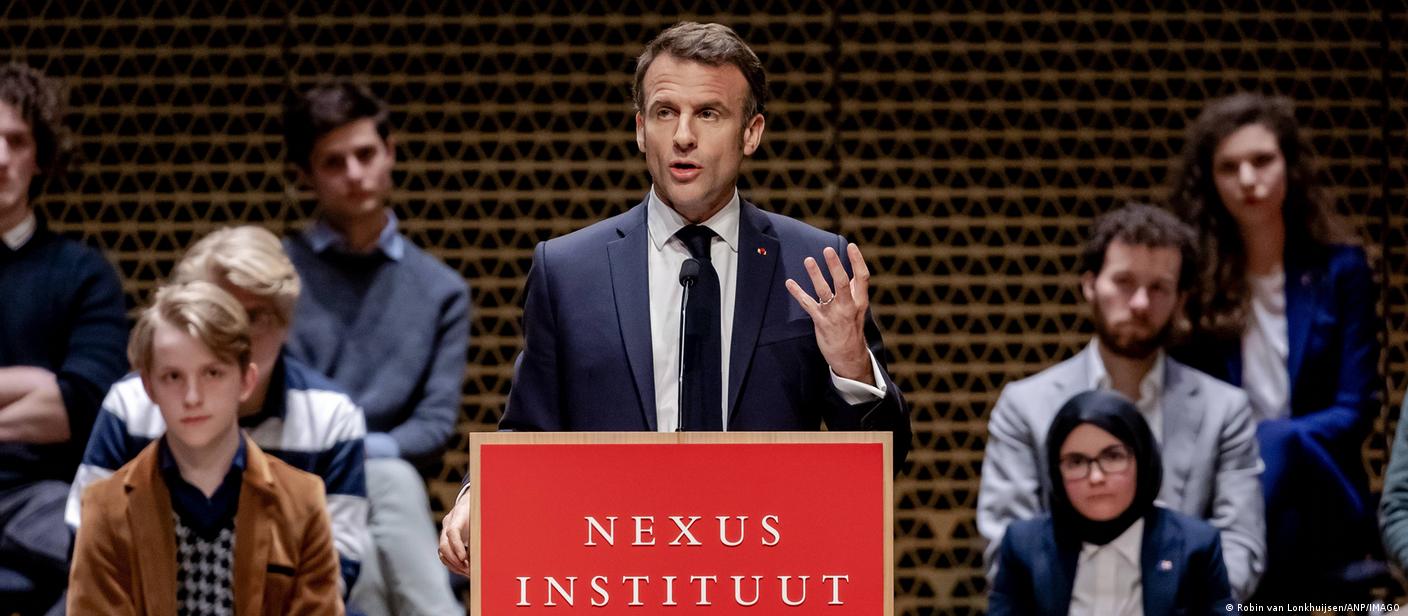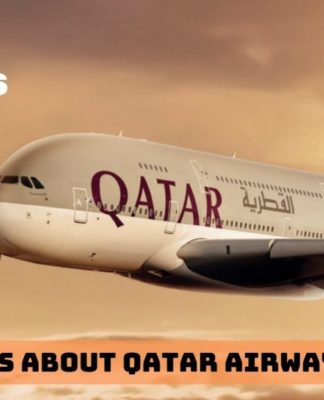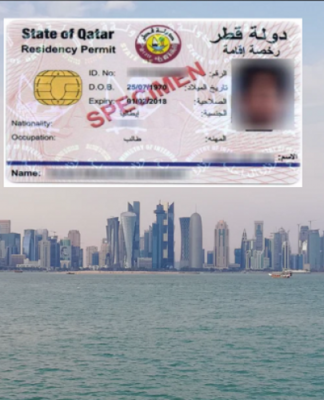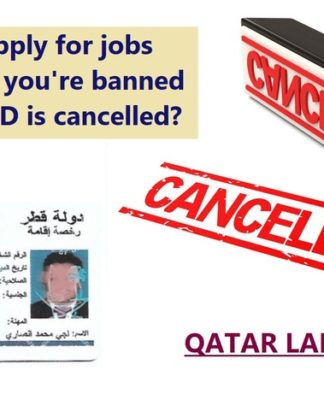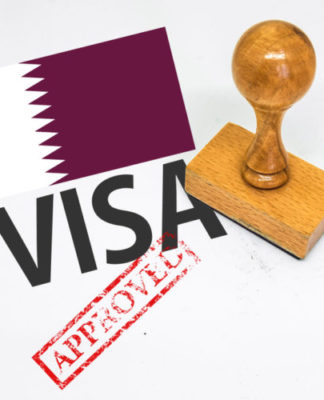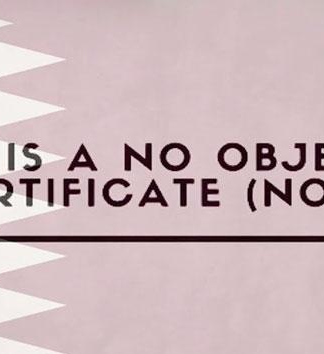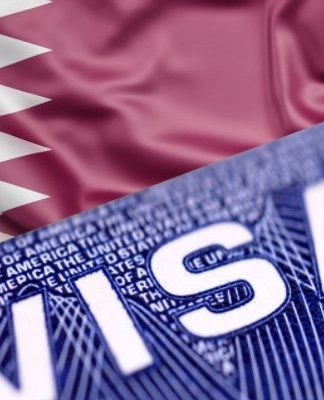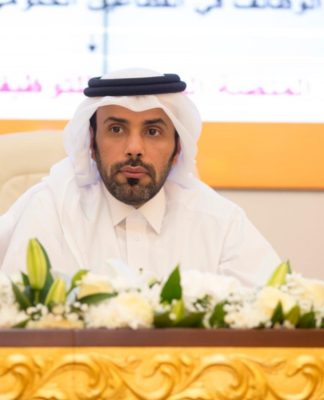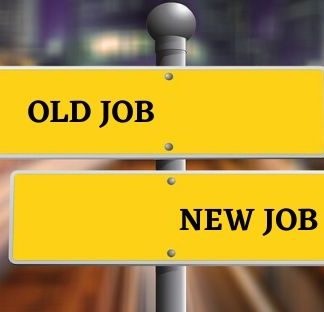POLITICSFRANCE
EU and China: Is Taiwan really Europe’s problem?
Ella Joyner
21 hours ago21 hours ago
The French president may have caused upset by saying the EU should be more independent in its dealings with China. But analysts suspect other EU leaders may feel the same — even as pressure to side with the US increases.
https://p.dw.com/p/4PvIu
During his speech on the “future of Europe” in the Netherlands on Tuesday, French President Emmanuel Macron remained supremely unflustered: neither an impromptu protest over the French leader’s fiercely contested domestic pension reforms nor intense global attention following an explosive foreign policy interview seemed to upset his groove.
Those who tuned in expecting Macron to elaborate on poorly received recent comments about Europe’s need for greater independence from the United States in dealing with China were disappointed.
“I’m a dreamer,” Macron said in The Hague, spelling out his vision for a more economically and industrially autonomous European Union.
This time, however, there was no mention of the word “Taiwan.” Over the weekend, Macron caused international consternation by stating in an interview with French outlet Les Echos that Europeans should not simply be “followers” of the US amid escalating tensions with China over the East Asian island, nor get caught up in “crises that aren’t ours.”
His words prompted backlash in Washington and raised eyebrows in EU capitals, most notably in Warsaw.
France’s Macron calls European sovereignty ‘a necessity’
01:45
Macron, along with other EU leaders, has long extolled the need for Europe to build up its “strategic autonomy” on the world stage, but many saw his exact choice of words as ill-advised given the US role as Ukraine’s biggest backer in its battles against Russia.
With war now next door, the EU is highly dependent on Washington for security, as US Republicans, including prominent Senator Marco Rubio, were quick to point out. Some analysts said it seemed unwise to call into question the trans-Atlantic bond, which has recovered under the administration of US President Joe Biden after a trying period under his predecessor, Donald Trump.
Macron: Good analyst, bad diplomat?
But the controversy caused by Macron’s comments doesn’t mean Macron is wrong, said Jeremy Shapiro, research director for the European Council of Foreign Relations.
“I suspect that the vast majority of [European leaders] agree in terms of wanting to maintain some independence from the United States, to have a relationship with China, and in fact, how Taiwan isn’t really their problem,” he told DW.
The problem, Shapiro explained, is that Macron said that publicly — and without consulting his allies. It also didn’t help that he made his comments in the context of a high profile visit to China, accompanied by European Commission President Ursula von der Leyen, potentially giving the impression that he was speaking for the EU as a whole.
As a result, Macron’s statements have created a headache for France’s partners. US Senator Rubio hinted that if the EU didn’t see Taiwan as its problem, then Washington might take a similar approach to Ukraine. This kind of threat “sends a shiver down the spine” of most EU countries, said Shapiro, although apparently not Macron.
Tensions remain high between China and Taiwan
02:17
It’s not the first time the French president has been in hot water for his comments. He caused a similar ruckus by declaring that the NATO military alliance was suffering “brain death” in 2019. “I’m surprised that the president of France hasn’t learned… that this stuff isn’t really getting him anywhere,” said Shapiro.
“He’s a very good analyst. If he wants a job at a think tank we will take him on,” added Shapiro, a former adviser for the US State Department. “Oddly, he doesn’t seem to be as good as a diplomat.”
‘China will be the next trans-Atlantic crisis if this doesn’t get fixed’
While Macron’s comments may have ruffled feathers, it’s hardly the demise of trans-Atlantic security architecture as we know it, Bruno Lete, a fellow from the German Marshall Fund in Brussels, told DW. “I don’t think that this was an existential issue […] Most of the correction will be done behind the scenes between diplomats,” he said.
Macron’s comments will likely blow over, but escalating tensions between the US and China won’t, Lete warned — and the EU will be increasingly called upon to take sides.
China regards the self-governing island of Taiwan as a breakaway part of its territory that should eventually rejoin it. Tensions between Beijing and the leaders of Taipei have been on the rise, as are fears of military escalation. Washington has close but unofficial relations with Taiwan, including the sale of defense equipment, according to the US Council on Foreign Relations.
A fighter jet takes off from an aircraft carrier ship.A fighter jet takes off from an aircraft carrier ship.
China has been conducting major military exercises near Taiwan in recent daysImage: An Ni/Xinhua/AP/picture alliance
For the second time in less than a year, Beijing has launched a large military exercise around Taiwan. The three-day Joint Sword exercise saw warships and fighter jets simulate targeted strikes on Taiwan.
Beyond the question of Taiwan, Biden has long pushed his European allies to take a harder line on Beijing for, among other issues, alleged unfair economic and industrial practices and human rights violations.
When it comes to Taiwan, the US expects the support of its close allies in Europe. “I don’t think I would expect Europe to, I don’t know, send fighter jets or frigates,” said Lete. “But the US needs the diplomatic backing of Europe, for instance, inside the United Nations.”
Ultimately, he added, the EU and the US will need to come to some kind of agreement on how they approach China. “I do think that if the EU and US do not streamline their views on China, [then] China will be the next trans-Atlantic crisis if this doesn’t get fixed.”
EU under pressure to toughen stance on China
Many EU countries might like to keep a lower profile on China, Shapiro suggested, but that won’t be possible.
“In fact, European China policy is moving in their [the US’] direction,” said Lete. Both the EU and NATO have toughened their official lines on China in recent years. “I think that at the moment… they [the EU] are simply too dependent on the US, and the US cares too much about the China issue.”
Edited by: Cathrin Schaer














